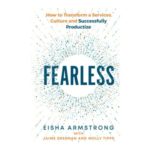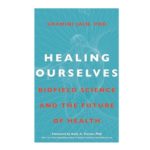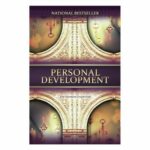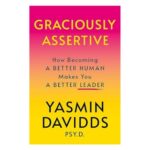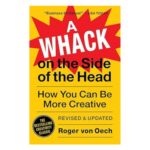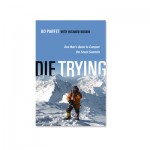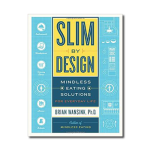 If you haven’t been paying much attention, “Abundance-The Future is Better Than You Think” has been on the NY Times best seller list for weeks.
If you haven’t been paying much attention, “Abundance-The Future is Better Than You Think” has been on the NY Times best seller list for weeks.
In my interview with co-author Steven Kotler we explore the many topics covered in the book that are wonderfully articulated to guide the reader in understanding that we are living in unprecedented times. Yes–we have our share to world problems, but on the flip side of the coin technology and science are moving at breakneck speeds and are solving many of these problems–and guess what? Our standard of living is better than ever.
Steven points out that the focus of the book is to help change people mindsets. As fundamental as this sounds, it is a core problem in our society today. Our brains are designed to be pessimistic when it comes to getting our heads around global problems we are challenged, but we do much better and are more optimistic when it comes to issues that are in our reach.
Fueling this pessimism is our news media, as Steven states ” if it bleeds it leads” referring to how our media loves to report the doom and gloom and infrequently reports what is good about the world. Abundance certainly takes the bold contrarian and optimistic viewpoint for today’s cynical times, but the authors give proof that we are not living in such dire times.
Steven cites that poverty has decreased more in the last 50 years than in the previous 500. At a global level, the gap between wealthy nations and poorer nations continue to close. Despite plenty of hardship we are living longer, wealthier, healthier lives.
The authors state that three (3) current forces are leading our world toward abundance. 1) A Do-It-Yourself revolution of backyard thinkers, which now extends far beyond homebrew computers and custom cars it is outdoing governments with high-impact innovationsin neuroscience, biology, genetics, nanotechnology and robotics. 2) A new source of techno-philanthropists who are dedicating their fortunes to solving grand, abundance-related challenges. 3) The poorest of the poor, the so-called “bottom-billion” have been plugged into the global economy by the internet, micro-fiance, and wireless communications. By the end of 2013 , over 70 percent of the world’s population will have access to low-cost communications.
This perfect convergence of technology, science and communications is forging an opportunity for abundance and equanimity worldwide. I certainly agree with the authors viewpoint, and have seen massive changes “for the good” in our society. If you want to get the facts, and learn more about what amazing technological and scientific advancement will change our world, then you need to read and study “Abundance“. You will be glad that you did.
If you want more information the author have an amazing website, and you can click here to be directed to it. You can also visit the Facebook page by clicking here, or watch some great YouTube videos about the book. I hope you enjoy this great interview with a “thought leader” in the field of science, technology and spirituality–Steven Kotler.
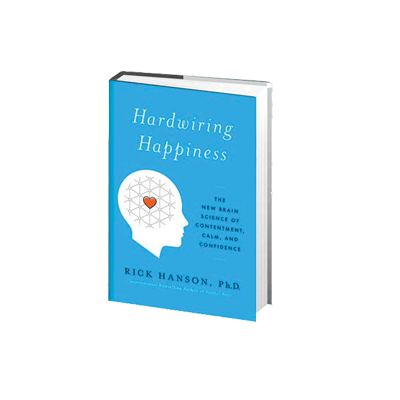

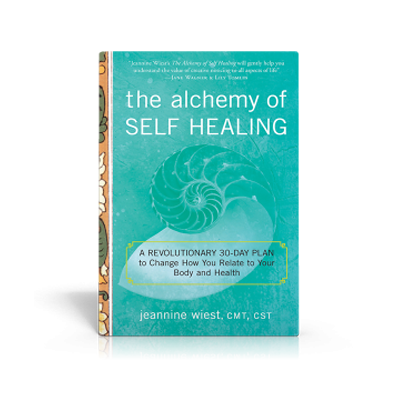
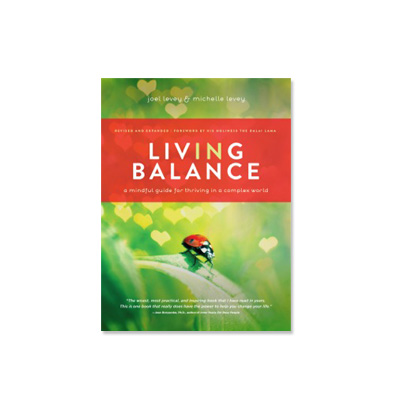

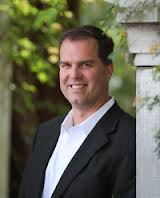 I invite you to listen to this great podcast with both Dr. Matt Mumber and Heather Reed while we explore questions for the listeners about obtaining a peak level of health, vitality and wellness. If you would like to learn more you can
I invite you to listen to this great podcast with both Dr. Matt Mumber and Heather Reed while we explore questions for the listeners about obtaining a peak level of health, vitality and wellness. If you would like to learn more you can 

